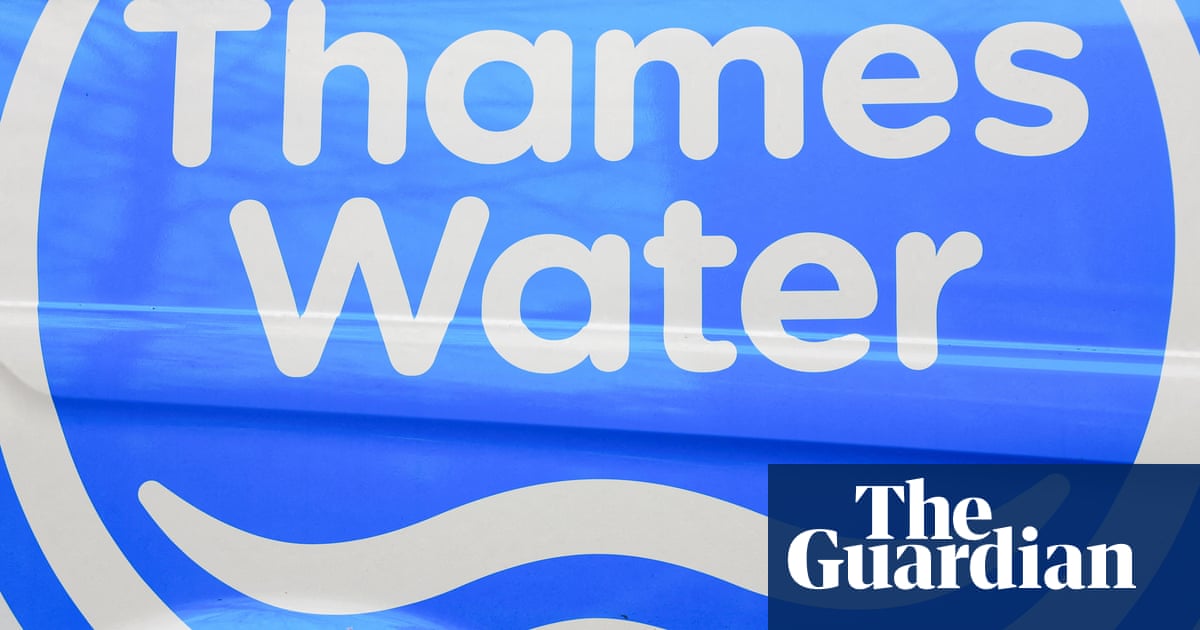The US private equity group KKR has pulled out of a deal to inject fresh equity intoThames Water, leaving the troubled supplier’s future in doubt and increasing the prospects of a temporary nationalisation.
The UK’s biggest water supplierhad picked KKR as its preferred partner, but the company has “indicated that it will not be in a position to proceed”, Thames Water said.
The New York-based private equity group was expected to acquire a stake worth £4bn in the embattled water company, which is struggling under debts of nearly £20bn.
Thames said that, after completion of due diligence, KKR and the senior creditors had prepared detailed plans, including a turnaround strategy that had been shared with the company. It is now racing to hammer out an alternative plan with the regulator, Ofwat, and other stakeholders to stabilise its finances.
Sir Adrian Montague, the company’s chair, said: “While today’s news is disappointing, we continue to believe that a sustainable recapitalisation of the company is in the best interests of all stakeholders and continue to work with our creditors and stakeholders to achieve that goal.
“The company will therefore progress discussions on the senior creditors’ plan with Ofwat and other stakeholders. The board would like to thank the senior creditors for their continuing support.”
Thames Water, which serves 16 million customers in London and south-east England, needs to secure fresh funding for its operationsby the end of June.
If Thames Water fails to secure fresh funds it could be placed into a special administration regime by the UK government, effectively a temporary nationalisation.
Last week, thecompany was hit with penalties of £123m, including a record £104m fine over environmental breaches involving sewage spills, as it failed to run and manage its treatment works and wastewater networks effectively.
Sign up toBusiness Today
Get set for the working day – we'll point you to all the business news and analysis you need every morning
after newsletter promotion
The company also received a £18.2m fine for breaking dividend rules, the first of its kind in the industry, which wasfirst reported by the Guardianin December. Ofwat said the company had paid out cash to investors despite having fallen short in its services to customers and its environmental record.
Thames Water had pleaded with the regulatorto let it offthose fines to make it more attractive to investors.
Last month, Montague told MPs that the utility had come“very close to running out of money entirely”last year. He also said creditors had insisted that large bonuses be paid to senior bosses out of an emergency £3bn loan secured in February, but that claim waswithdrawn days later, as were the retention payments.
